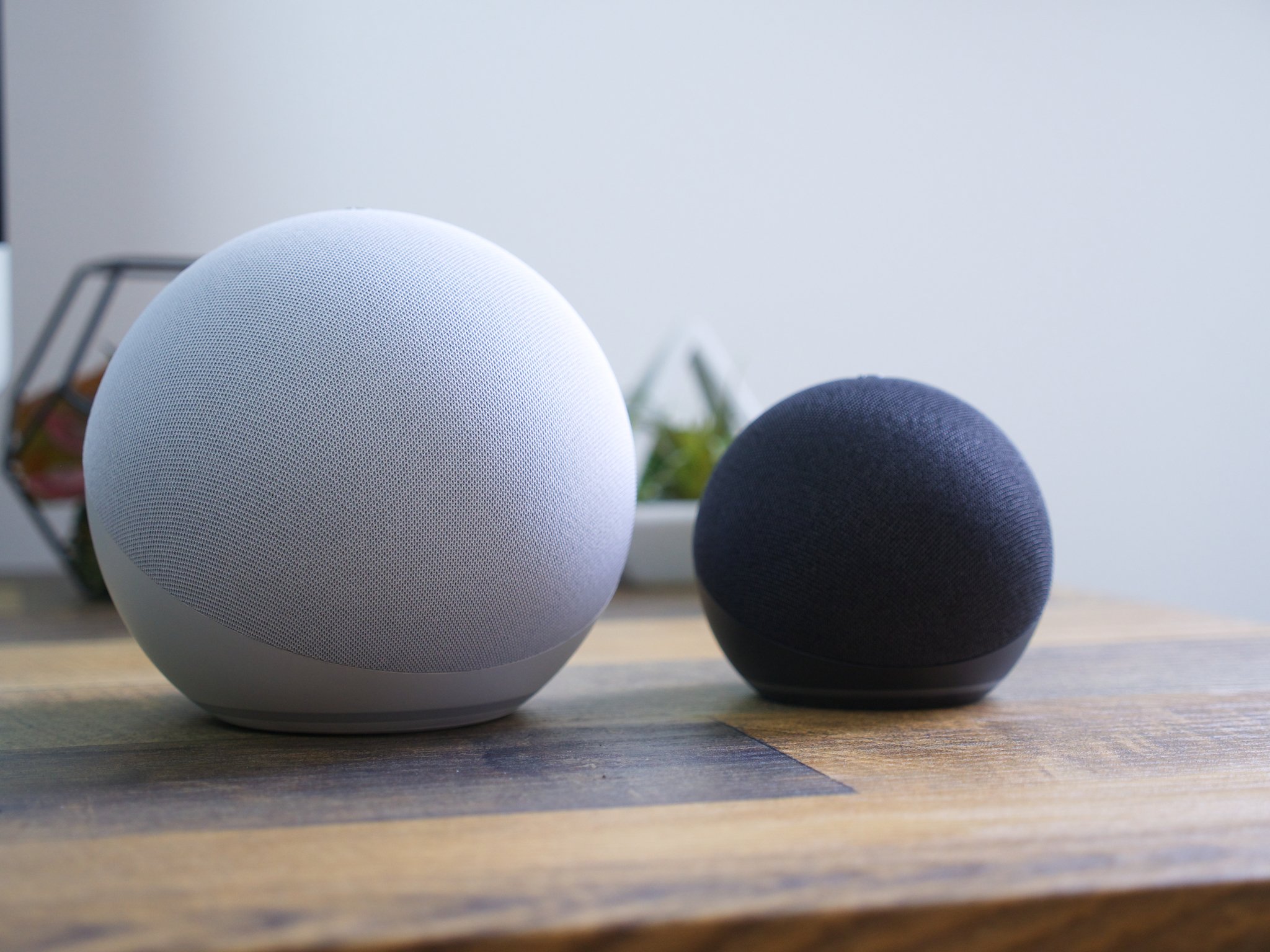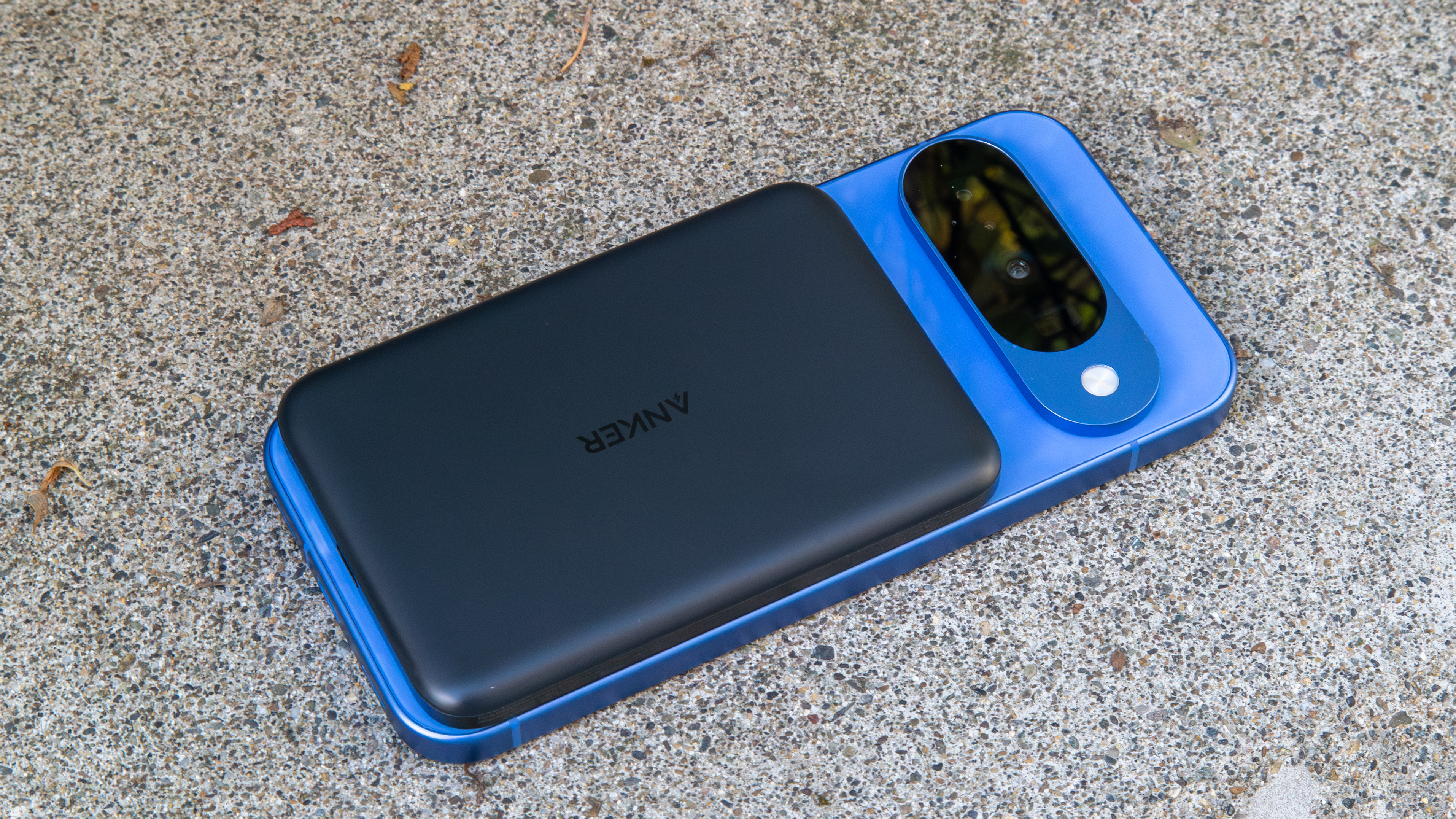Amazon wants Alexa to mimic your dead relatives, because that's not creepy at all
Amazon's Alexa wants to help you retain your deceased relative's voice.

What you need to know
- Amazon's annual machine learning conference takes place in Las Vegas from June 21 to June 24.
- The company recently demonstrated Alexa mimicking the voice of a deceased relative.
- The feature is currently in development, although Amazon did not say when it expects it to be available on devices.
There's no doubt that Amazon's Alexa voice assistant is impressive and can be pretty helpful. However, as AI continues to improve, it becomes easier to find examples of ways that the technology might give us pause. Amazon's recent Alexa demonstration is arguably one of them.
The company is currently hosting its annual conference for Machine learning, Automation, Robots, and Space (re:MARS). During the second-day keynote, Rohit Prasad, Amazon's head scientist for Alexa and AI, demonstrated a new ability that the company is working on, one that he says can "enable lasting virtual relationships."
A video plays with a kid asking their Alexa speaker if their grandmother can finish reading them a story. Alexa agrees, then begins to read a story to the kid in their grandmother's voice. You can watch the video below:
While the feature may appear endearing to some, especially out of context, Prasad prefaced the clip by mentioning how many people have lost loved ones throughout the ongoing COVID-19 pandemic. "While AI can't eliminate that pain of loss, it can definitely make their memories last."
The idea is that Alexa would be able to mimic the voice of a deceased loved one using less than a minute of recording. Reactions online have already found it to be "creepy," comparing it to an episode of Black Mirror. Prasad says himself that AI has reached a point "where our dreams and science fiction are becoming a reality." Many of those science fiction films don't end too well.
But beyond the creepy factor, there's the possibility that this feature could be misused while posing ethical and security concerns.
"There's a real slippery slope there of using deceased people's data in a way that is both just creepy on one hand, but deeply unethical on another because they've never considered those traces being used in that way," Tama Leaver, a professor of internet studies at Curtin University in Australia, told The Washington Post. Leaver says that you could potentially forget that you're speaking to an Amazon product if it's using the voice of a loved one.
Get the latest news from Android Central, your trusted companion in the world of Android
Amazon did not provide many details on its development, nor did it mention when users might expect the feature to become available.
Unfortunately, this isn't the first (or the last) example of recent AI advancements causing concern. Recently, a Google employee claimed that the company's LaMDA AI was sentient, opening the door to speculation as to whether or not this is really the case. Of course, Google's AI is not sentient; rather, it does an excellent job convincing others that it's an actual person.

Derrek is the managing editor of Android Central, helping to guide the site's editorial content and direction to reach and resonate with readers, old and new, who are just as passionate about tech as we are. He's been obsessed with mobile technology since he was 12, when he discovered the Nokia N90, and his love of flip phones and new form factors continues to this day. As a fitness enthusiast, he has always been curious about the intersection of tech and fitness. When he's not working, he's probably working out.
